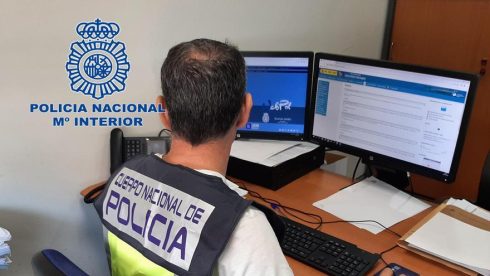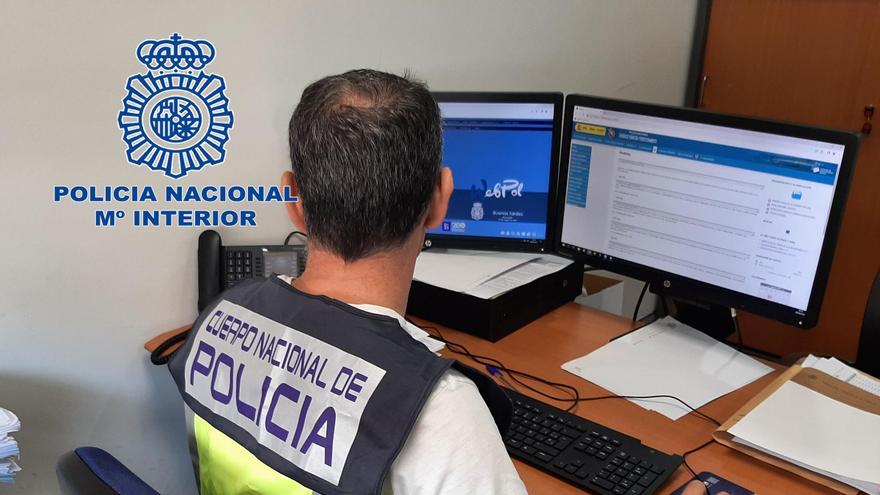EXPATS across Spain enjoy watching their favourite UK channels, movies and sports through what’s known as an IPTV service – but are they breaking the law?
IPTV – or Internet Protocol TV – allows people to stream television channels and other types of content over the internet.
They pay a company a set annual or monthly fee to hook them up to a range of content, allowing them to enjoy it from the comfort of their own home.
However what they might not know is that many are in fact illegal, as they are showing content that they simply do not have the rights to.
In Spain, content that is already free, such as national television channels, are legal via IPTV, but other content such as football, tennis and sports fixtures are not, as a huge multinational company typically has the rights to the programming.
The last few months have seen a crackdown on IPTV operators across Europe.
In November last year, a British expat was cuffed in Benidorm for running such a streaming service for more than a decade.
He sold content to bars, restaurants and residents and had made more than €200,000.
While his customers were not persecuted by the authorities, that could soon change.
In Italy, some 1,600 IPTV customers were recently sent fines for breaking copyright law.
They must pay around €150, or in the case of repeat offenders, up to €1,032.
In Spain, the use of IPTV in homes continues to be a grey area.
Law 13/2022 of the General Audiovisual Communication statute, states that an IPTV is not illegal if the retransmission of content has been authorised by the original author or owner.

However, “it is illegal and the law punishes crimes against Intellectual Property, including broadcasts of material that infringes Intellectual Property… as long as a direct or indirect economic benefit is obtained, and it is a detriment to a third party.”
Leading Spanish lawyer Maria Cerviño told 20Minutos that there are currently ‘large police operations against unlicensed IPTVs’.
However she added: “It is not ruled out that the trend of focusing on the user will continue, but it would be very difficult to justify this type of interference in the privacy of individuals.”
Another intellectual rights lawyer Cardador Rodríguez agreed, adding: “In Spain, police action would be more limited to judicial authorization. Within these measures could well be the tracking and recruitment of users who use IPTV… although in practice, the actions would be more limited than those carried out by the Italian police.”
It means that, for now at least, police in Spain are focusing on those who operate and make money by selling illegal content via IPTV, and not the customers themselves.
However, do be warned, if your IPTV service is illegal and it is rumbled by police, you might find you will suddenly lose access to all your channels and streaming services.
Trading Standards Scotland advises: “Be wary of using illicit streaming devices. Consider the risks to your own and your family’s safety before purchasing a device or downloading any software which would allow you to access content which would normally require a subscription.”
It adds that illegal IPTV can risk introducing malicious malware into your home while lining the pockets of serious and organised crime.
It adds that if the service fails, the only support available to customers is reprogramming, which usually incurs another fee, while the streaming provided can be removed without notice and fail when being accessed by large numbers of people.
READ MORE: British expat, 62, is arrested in Spain for ‘illegally selling IPTV’








